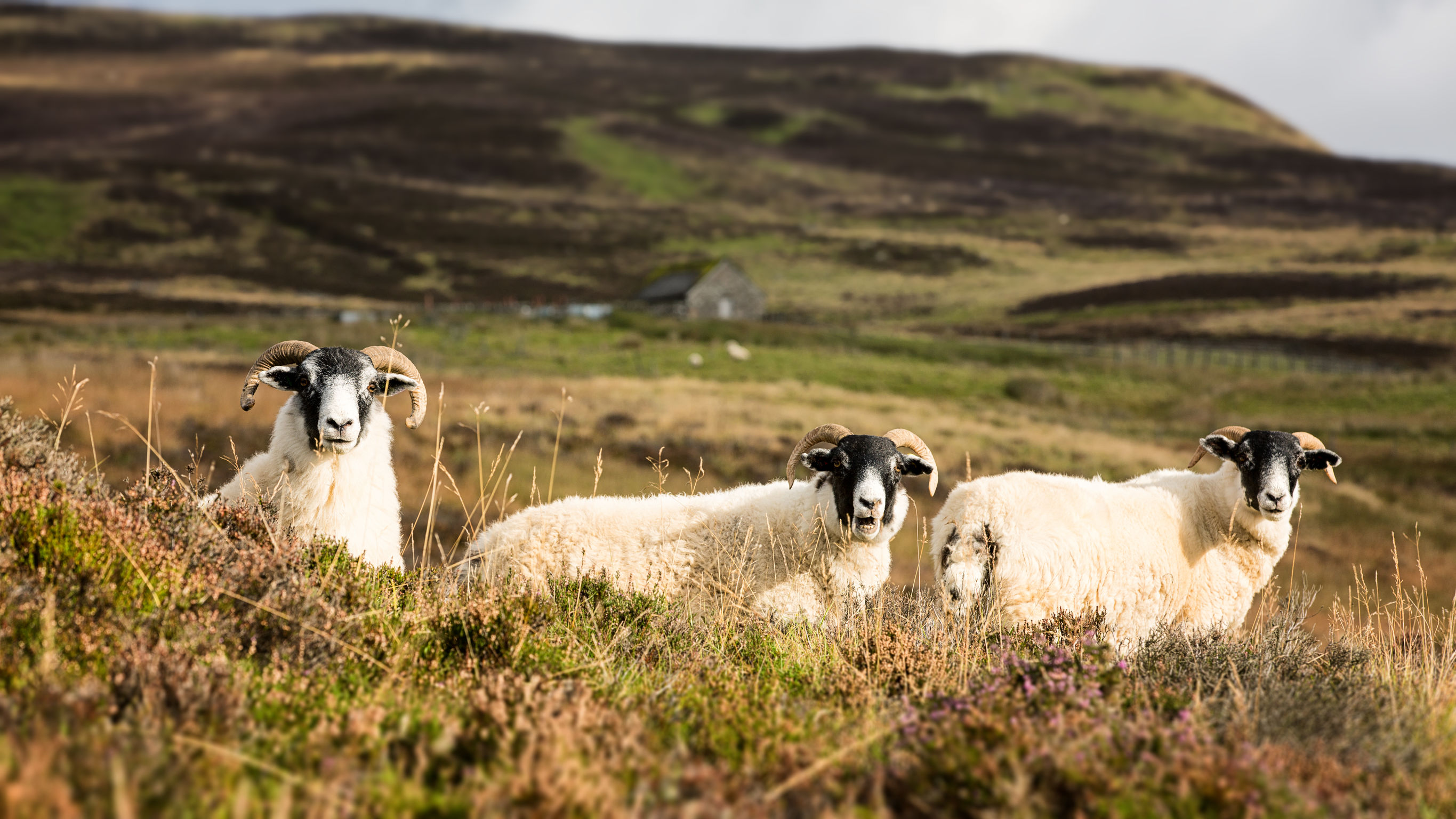
Nearly 10,000 sheep stolen last year by livestock rustlers in England and Wales has only resulted in one charge by the police.
Livestock theft is seen as incredibly difficult to protect against, and farmers are becoming agitated as criminals get away with their crimes.
The BBC made a Freedom of Information (FoI) request into the crime, which shows an increase in the past few years.
There were 381 incidents of sheep theft in 2018, but Hertfordshire Police was the only force to bring a charge.
Data shows that 9,635 sheep were stolen in 2018, an increase from 7,606 in 2017 and 6,337 in 2016.
All 43 police forces in England and Wales responded to the BBC's request.
For example, three separate incidents of livestock rustling in Herefordshire in this year alone has led the police to issue out a warning to farmers.
The incidents include 22 Texel Cross and Welsh Mule ewes stolen earlier this year from a farm in Canon Frome.
Twenty sheep, with a green mark on shoulder, were stolen during January from a farm in Tarrington.
And 17 in lamb ewes were stolen from a different farm in Tarrington around the 15th January.
West Mercia Police said: “Thieves often don't use the main point of access to a field choosing to cut through barbed wire or fence instead.
“It is a crime that often needs a degree of organisation, as dogs are used to round up the sheep and put them on a trailer.
“Checking your animals regularly can alert you to their theft, marking the animals can make them difficult to dispose of.”
The worrying increase follows a Scottish farmer turning to a revolutionary marking system in a bid to tackle the problem.
Drummond Estate near Comrie in Perthshire - which grazes nearly 3,000 sheep across the Glenartney Hills - uses the TecTracer theft-deterrent system.
It is adapted from technology used to discourage the theft of lead from church roofs.
By ingraining thousands of coded microdot markers into each sheep's fleece, the system easily identifies the animal and which farm it comes from, incriminating rustlers at random checks carried out at auction markets, abattoirs or on other farms.
Based on claims data, NFU Mutual estimate rural crime cost the UK £44.5m in 2017. With an increase of 13.4% on the previous year, rural crime is rising at its fastest rate since 2010.
